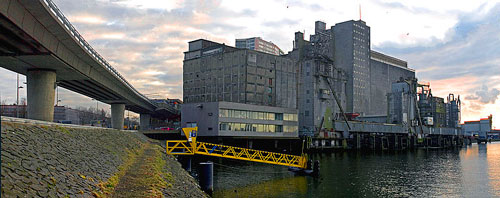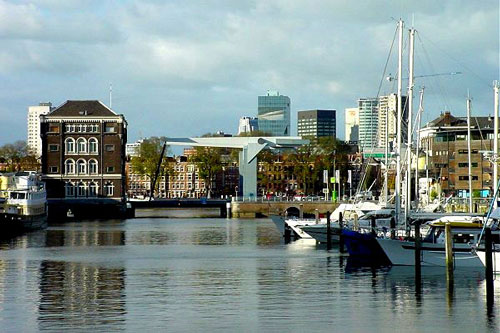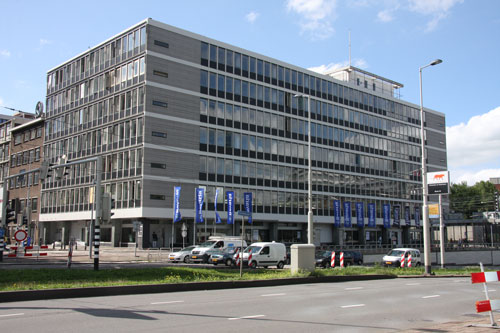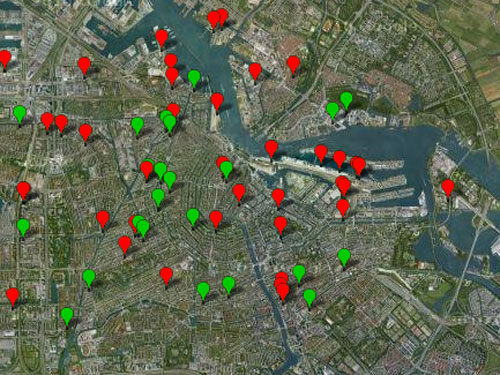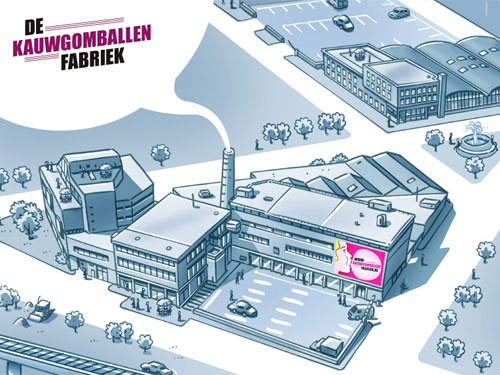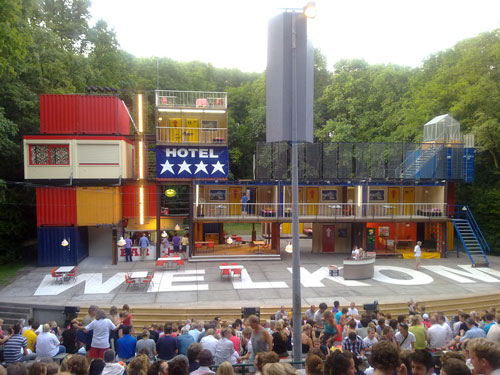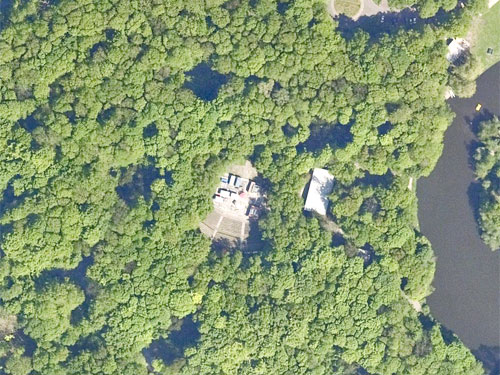When I started to do research on urban incubator projects in 2002, in Berlin and Amsterdam, many municipal projects were already underway and several research programs, such as Urban Catalyst (Philipp Oswalt e.a.) were already studying them. Since then, there has been an explosion of academic research and real estate strategies, pointing out and using the incredible force of cultural incubators as instrument for urban revitalization. In the process, the perception of the ‘creative entrepreneur’ changed from something exotic, exciting and underground, to quite an ordinary person. As a matter of fact, today several of one’s neighbors could be one and you may even be a creative entrepreneur yourself without knowing it, according to some definitions. What does this mean for incubator projects?

Clearly, the idea of incubators as subsidized workspace for a selected group of young creative individuals at the periphery of the economic system, has become distorted. The idea was originally intended for an exceptional creative minority, which was supposed to have insufficient access to regular workspace, where ‘normal’ economic activities take place. For this reason, subsidies and incentives were justified. The distinction between new creative economy and the ‘traditional’ kind, is fading. For Richard Florida, this is not a surprise: in his book ‘The Great Reset: How New Ways of Living and Working Drive Post-Crash Prosperity‘ he explains that the whole Western economy will necessarily become more creative and flexible after the current economic crisis. And, crisis or not, before 2008 large mainstream companies were already buying their way into urban incubator areas. Simply because they’re the best places to find young talent and provide a cheap way to make a traditional enterprise look trendy. What happens, when everyone becomes a creative economic actor, when everyone becomes an underground alternative organization, when everyone becomes a urban pioneer?

In the first place, the scenario doesn’t sound very likely, as pioneering and creative organizations typically emerge from a mainstream status-quo situation, not the other way around. And if the new creative economy is to be the new status-quo, surely it won’t take long until someone starts doing things differently (we just don´t know the name for that yet). Many innovative characters have already grown tired of the (Dutch) way of regulating incubator areas, which according to them mostly attract followers instead of innovators and turn them into instruments of the real estate market.
Secondly, what would happen to the rest of the city when we all start living and working in renovated factory buildings? And would there be enough of those places for everybody? The answer is simple: incubator projects are since long becoming an integrated part of the existing real estate market, just like social housing, suburbs, historical downtowns and business districts. Just like the rest of the market, incubator areas are now regulated by government policies and market forces of supply and demand. The last decade, there has been a steady supply of new (former industrial) areas and a growing demand for ‘creative type’ workspace with good infrastructure. Therefore both the quality and the price of this type of workspace have increased. The occupants of the incubator buildings are no longer just urban catalysts or pioneers…… they are half pioneer, half consumer.
There may be negative effects for creative economy in the Netherlands: When adding value to empty square meters of floorspace becomes the dominant aim, stimulating creative use of urban space ceases to be the leading factor in incubator projects. Truly innovative businesses and professionals may prefer other European cities to work in, such as Berlin, where space and living costs are still cheap.
On the other hand, positive aspects can be mentioned: Reuse projects at post-industrial sites seem to become mature, attracting no longer only a limited share of the population but rather a fair part of the Dutch middle class. This is promising, regarding the great amount of industrial buildings that becomes vacant each year. If post-industrial areas became focal points of middle class housing projects, new suburban sprawl could be avoided.
To be continued…
Read more:
www.inspiringcities.org/… (English)
Incubator projects Rotterdam (English)
Incubator projects Amsterdam (English)
Verslag Waarde van Broedplaatsen (Dutch PDF)
Waardeontwikkeling in de creatieve economie (Dutch PDF)
www.nrc.nl/buitenland/article1830546.ece/Berlijn_metropool_zonder_werk (Dutch)
www.nrcnext.nl/blog/2010/01/05/amsterdamse-creatievelingen-worden-berliners (Dutch)
www.debroedfactor.nl/… (Dutch)
De creatieveling als lijdend voorwerp – bijeenkomst Ruimtevolk (Dutch)
